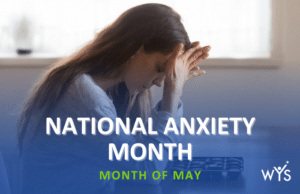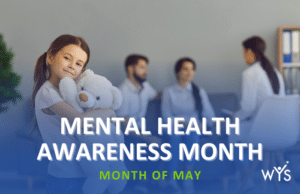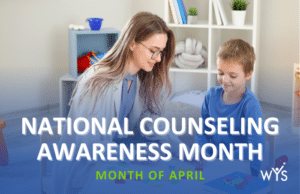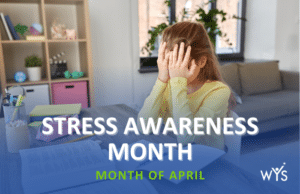
Established in 2014, World Bipolar Day is recognized annually on March 30th. It actually coincides with the birthday of the renowned artist Vincent van Gogh, who was diagnosed after his death as most likely having bipolar disorder. The purpose of this day is to increase global awareness of bipolar disorder, eliminate social stigma, and promote education and sensitivity toward the condition.
Recognizing Bipolar Disorder Symptoms
Bipolar disorder is a mental health condition characterized by significant mood swings, including manic (or hypomanic) and depressive episodes. Manic episodes involve elevated or irritable moods, increased energy, and reduced need for sleep. On the other hand, depressive episodes are defined by feelings of sadness, hopelessness, and loss of interest in activities.
Signs of Bipolar Disorder
Identifying bipolar disorder can be a bit challenging due to its varied symptoms and how it presents itself. The most common signs include:
- Manic Episodes
- Elevated or irritable mood
- Increased energy and activity levels
- Decreased need for sleep
- Racing thoughts
- Impulsive or risky behaviors
- Depressive Episodes
- Persistent sadness or hopelessness
- Fatigue or low energy
- Difficulty concentrating
- Changes in appetite or sleep patterns
- Thoughts of death or suicide
These symptoms can vary vastly in severity and duration. Keep in mind, not everyone will experience all of the above symptoms. It’s recommended to seek out a professional such as a psychiatrist who can properly diagnose an individual with bipolar disorder, as opposed to self-diagnosing.
Reducing Stigma Around Bipolar Disorder
Although there is quite a bit of information available about bipolar disorder and people are more outspoken about their diagnoses, there continues to be stigmas surrounding bipolar. Unfortunately, negative stigmas are the leading cause keeping individuals from seeking help for their bipolar disorder. This World Bipolar Day, we want help end this. Here’s a few things we can do to help combat this stigma including:
- Educate Yourself and Others: Learn about bipolar disorder to debunk myths and misconceptions.
- Use Respectful Language: Avoid derogatory terms and speak about mental health with sensitivity.
- Support Open Dialogue: Encourage conversations about mental health to normalize seeking help.
- Challenge Stereotypes: Address and correct false beliefs about bipolar disorder when encountered.
How to Help Someone with Bipolar Disorder
Navigating supporting a loved one with bipolar disorder can be daunting if you’ve never done so before. Some ways in which you can help them include:
- Encouraging Professional Help: Advocate for reaching out to mental health professionals for diagnosis and treatment.
- Being Patient and Understanding: Recognize that mood episodes are part of the disorder and offer empathy whenever you can.
- Educating Yourself: Understand the condition so that you can provide informed support.
- Creating a Supportive Environment: Offer stability and encouragement, and assist in managing treatment plans.
Seeking Help for Bipolar Disorder
If you or someone you know is experiencing symptoms of bipolar disorder, we highly encourage you to consult a healthcare provider. You can also contact mental health organizations such as the National Alliance on Mental Illness (NAMI) for resources and support groups. Remember to utilize your support networks such as friends and family who can provide you assistance and understanding.
Western Youth Services (WYS) Initiatives
At Western Youth Services, we actively support individuals affected by bipolar disorder through various programs, including:
- Counseling Services: Offering individual and group therapy sessions tailored to youth experiencing mood disorders.
- Educational Workshops: Providing workshops for families to understand bipolar disorder and effective coping strategies.
- Community Outreach: Engaging in community programs to raise awareness and reduce stigma associated with mental health conditions.
By participating in World Bipolar Day and supporting initiatives like those at WYS, we can work together to increase understanding, reduce stigma, and provide support to those affected by bipolar disorder.
If your child or a young loved one is struggling with a mental health concern, we encourage you to reach out to a mental health professional or to contact an Access Coordinator at Western Youth Services by sending an email to gethelp@westernyouthservices.org or by calling us toll-free at 888-312-0406.
You can find Orange County, state, and national resources on our site here: https://www.westernyouthservices.org/resources/.






